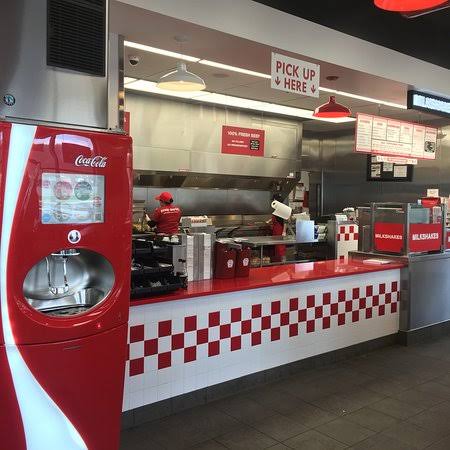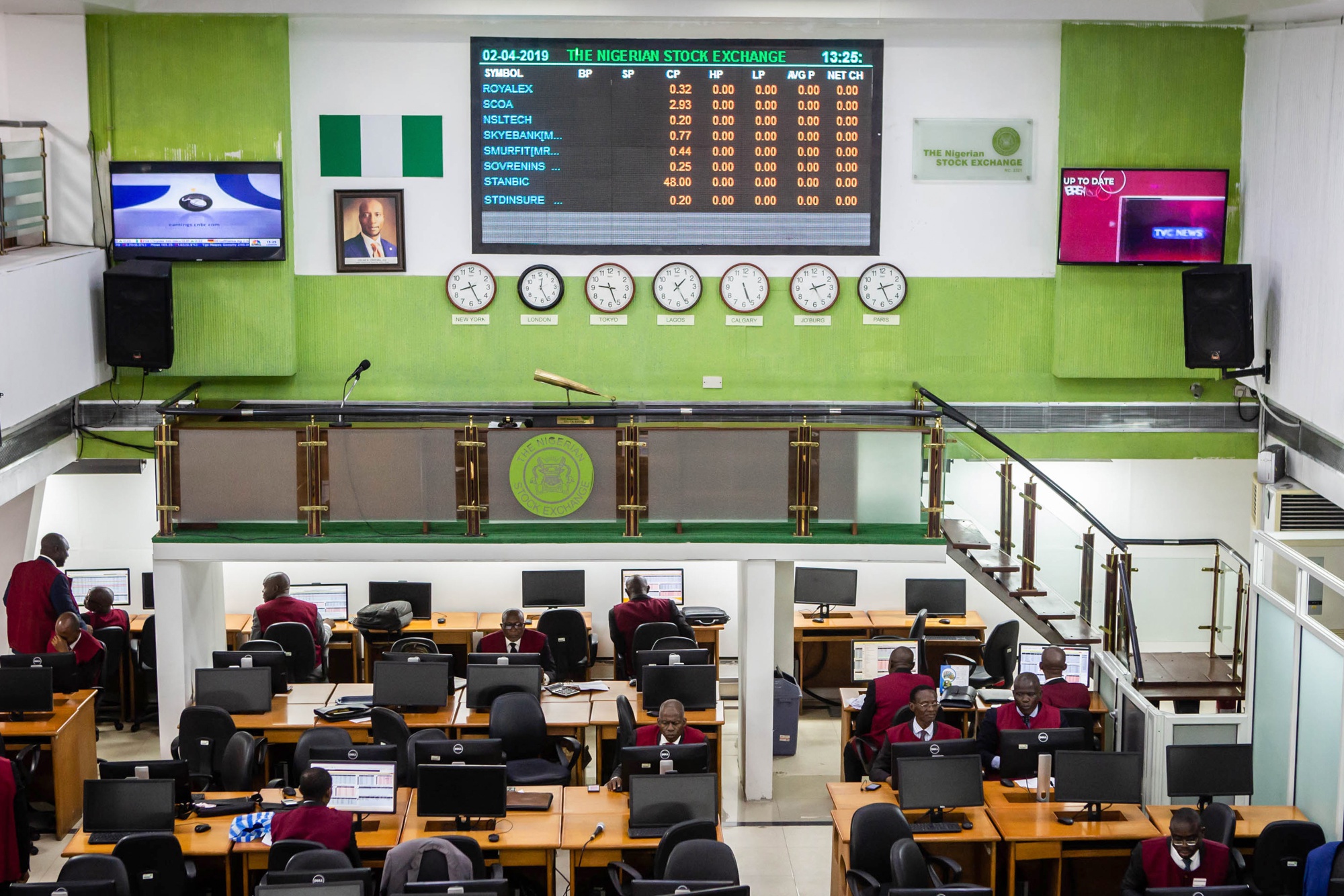To start a franchise in Nigeria, research potential franchisors and understand the local market demand. Acquire required licenses and secure financing for your endeavor.
Thank you for reading this post, don't forget to subscribe!Entering the franchising business in Nigeria offers a pathway to entrepreneurship with the backing of an established brand. Aspiring franchisees must analyze market trends and select a franchise that aligns with consumer needs. Nigeria’s diverse economy provides numerous opportunities across various sectors, from fast food to retail.
It’s essential to conduct due diligence and review the franchise agreement thoroughly before investing. Drawing up a solid business plan and navigating legalities, including registration with the Corporate Affairs Commission (CAC), are crucial steps. With the right preparation, establishing a franchise in Nigeria can lead to a successful and lucrative business venture.

Credit: invoice.ng
Exploring The Franchise Landscape In Nigeria
The franchise industry in Nigeria is expanding rapidly. With growing consumer markets, entrepreneurs are seizing opportunities. Fast food chains and retail stores are especially popular. Local brands are also thriving, alongside international giants.
Noteworthy success comes from brands like Chicken Republic and Kilimanjaro. These have made a mark on the Nigerian franchise scene. Their triumph encourages others to follow suit. Prospects should research these models for a successful franchise endeavor.
Key Considerations Before Starting A Franchise
Starting a franchise in Nigeria demands a thorough market analysis. Entrepreneurs must pinpoint consumer needs and target demographics. It’s vital to study existing franchises to evaluate market saturation levels. This analysis provides clarity on potential business opportunities.
Understanding the Nigerian legal framework is critical. Seek expert advice on franchise laws and regulations. Ensure compliance with corporate, tax, and branding guidelines. This helps in establishing a smooth operation and avoiding legal issues. Contracts and agreements should align with Nigerian laws.
The Financial Commitment Of A Franchise Business
Starting a franchise in Nigeria involves significant financial planning. Prospective franchisees must understand the costs of beginning and maintaining the business. Initial investment costs typically cover fees for franchise rights, site selection, equipment, and opening inventory. On top of that, ongoing fees including royalties, advertising, and renewal costs require attention. These expenses vary widely depending on the franchise brand.
Financing options may include personal savings, bank loans, or investor partnerships. Business grants and government-sponsored funds can also be viable alternatives. A strong business plan can help secure financing. Also, understanding all possible costs ensures effective budgeting for the venture.
Finding Your Fit: Selecting The Right Franchise
Starting a franchise in Nigeria can be a thrilling journey. Before diving in, align your skills with the franchisor’s needs. Assess your expertise, leadership talents, and business acumen. These qualities ensure a smooth franchise operation. Engaging with enterprises that complement your abilities leads to greater success and job satisfaction.
Take the next step by evaluating various franchise opportunities. Create a comparison chart listing each franchise’s pros and cons. Consider the support provided, brand reputation, initial investment, and ongoing fees. This approach highlights the ideal franchise aligning with your personal and financial goals. Consider the market demand and growth prospects within Nigeria to make an informed decision.
Navigating The Franchise Agreement
Navigating the franchise agreement requires a thorough understanding of its key clauses and contractual obligations. Essential sections include fees, term and renewal, territorial rights, and brand guidelines. Fees cover initial and ongoing costs. The term outlines the duration of the franchise and renewal options.
Understanding territorial rights is crucial; it defines the operating area. Brand guidelines ensure consistent brand representation. Exit strategies and dispute resolution mechanisms should also be clear. Each part must align with your business goals. Seek professional legal advice to clarify confusing terms. A lawyer can help identify potential risks and negotiate better terms. Never sign without full comprehension of the agreement’s scope and your responsibilities.

Credit: trustedadvisorslaw.com
Preparing For Launch: Steps To Start Your Franchise
Starting a franchise in Nigeria requires careful planning and execution. Finding the right location is crucial for success. Ensure high visibility and accessibility for potential customers. Research to find a bustling, high-traffic area that aligns with your brand.
Once the ideal spot is pinpointed, the next step is to secure necessary permits. Local regulations may vary, so consult with legal experts. Gather all required documents and submit them for approval. Keep track of processing times to stay on schedule.
Equally important is training and staffing your franchise. Select enthusiastic employees who align with your brand’s values. Provide comprehensive training to ensure top-notch customer service. Maintain a supportive environment to encourage staff growth and retention.
Effective Marketing And Customer Acquisition Strategies
Starting a franchise in Nigeria requires a solid marketing strategy. Establishing a strong brand presence is vital. Use social media to connect with potential customers. Ensure the brand image reflects local tastes and values. This creates trust and loyalty.
Engagement with the local community is equally important. Support local events and charities. Consider sponsorships to show commitment to community growth. This fosters a positive relationship with potential customers. It also boosts brand visibility in the area.

Credit: lawpadi.com
Sustaining And Growing Your Franchise Business
Managing day-to-day operations is crucial for the success of your franchise in Nigeria. Creating efficient systems and training employees to follow them ensures smooth operation. Make use of technology tools to streamline tasks and maintain high-quality standards. Regular communication with the franchisor can provide valuable support and guidance.
For successful scaling up and multi-unit expansion, conduct thorough market research. Understand local market demands and customer preferences. Develop a strong business plan for each new location. Secure the necessary financing with a solid pitch. Build a team that shares your vision and commitment. Monitor performance closely to ensure each unit reaches its full potential.
Frequently Asked Questions For How To Start A Franchise In Nigeria
What Is Required To Start A Franchise In Nigeria?
Starting a franchise in Nigeria typically involves legal agreements, a franchise fee, initial investment costs, and adherence to the franchisor’s business model.
How Profitable Are Franchises In Nigeria?
Franchise profitability in Nigeria varies with sector and brand; however, popular franchises often offer substantial returns due to established business models and customer loyalty.
Can Foreigners Own Franchises In Nigeria?
Yes, foreigners can own franchises in Nigeria, provided they comply with the country’s legal requirements for foreign business ownership and operation.
What Are The Top Franchises In Nigeria?
Top franchises in Nigeria include international fast-food chains, retail outlets, and telecommunication service providers, known for their brand reputation and consumer demand.
Conclusion
Embarking on a franchise venture in Nigeria offers exciting possibilities for aspiring entrepreneurs. With diligent research and a robust business plan, success is within reach. Remember, selecting the right franchise and understanding the market are crucial steps. Start small, dream big, and take the leap into Nigeria’s thriving franchise landscape today.



